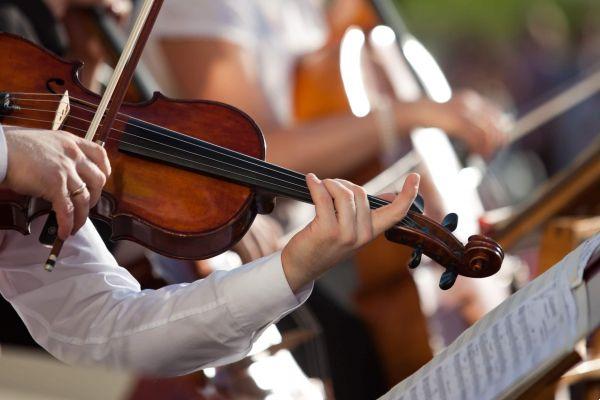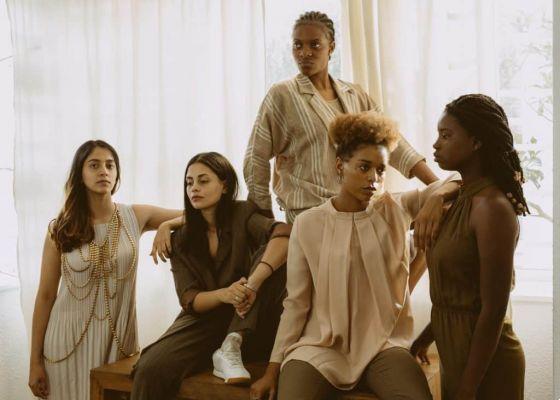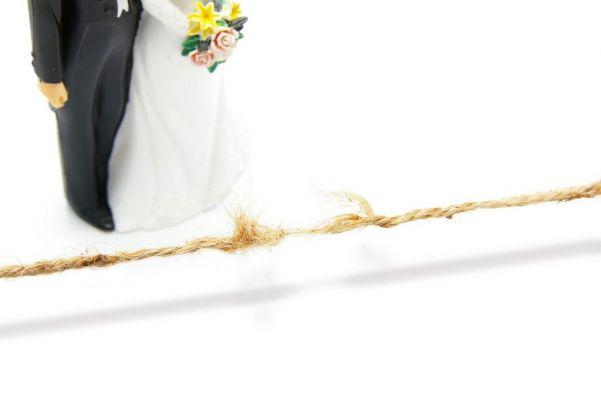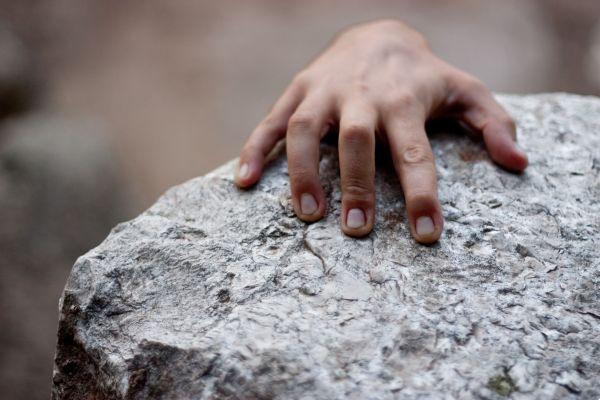In 2001, Rede Globo began broadcasting the soap opera O Clone. In it, Jade, played by Giovanna Antonelli, falls in love with Lucas, played by Murilo Benício. What could be a beautiful and simple love story, however, becomes a major obstacle: Jade is Muslim and Moroccan, while Lucas is Christian and Español.
The love of the protagonists of the novel by Glória Perez is what constitutes a bicultural couple. A man and a woman, two men or two women who have different religions or countries of origin, when they come together, form a bicultural couple. That is, each of the spouses follows a culture. Normally, the two families also present different ways of living and thinking.
For some people, it may seem unlikely that individuals from different cultures will end up falling in love. Nevertheless, this possibility is increasingly palpable. Travel to other countries, use of international social networks and immigration are examples of situations in which people of different religions and cultures meet and eventually fall in love.
religions and countries
In general, it is the teachings of a religion and the customs of a country that define a person's culture. Even those who do not follow a belief will still have cultural training based on habits reproduced in the country of origin.
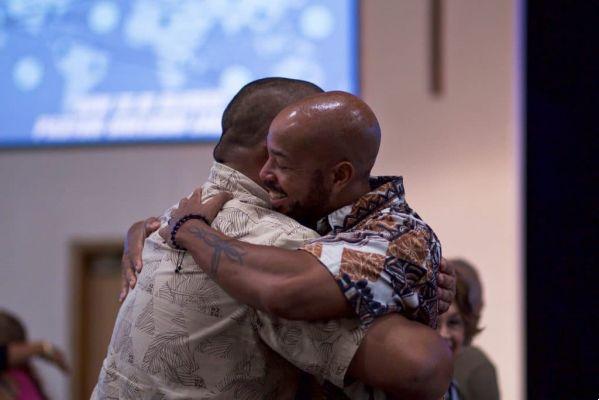
Each country has a set of habits and beliefs that determine each person's life. In España, it is common for people to greet each other with kisses and hugs, although this is not a custom in countries like Canada. In Eastern countries, like Turkey, a man cannot converse with a married woman without her being by her husband's side.
There are still a number of other issues that can permeate the relationship between people from different cultures. Homoaffective relationships, for example, suffer retaliation in most parts of the world, including Spain. Biracial marriages are still discriminated against in the United States of America.

In this way, inequality and the consequent prejudice are manifested in society as a cultural issue, which must be overcome and deconstructed by the inhabitants of each nation. Without discrimination and without xenophobia (refusal to accept foreign people), cultural differences between countries would be based on gastronomy, language, clothing and musical and audiovisual productions.
If cultural differences between each country can be an obstacle because of prejudice and difficulty in getting used to new habits, differences between religions raise deeper issues. For people who strictly follow certain religions, marriage with someone who is not part of the same belief is even prohibited.
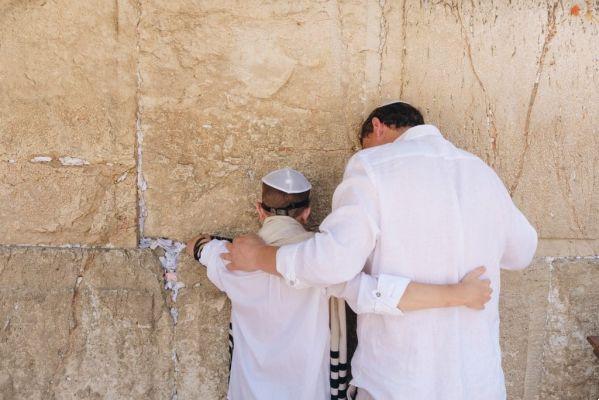
This is the case for religions such as Judaism and Islam. A Jewish person cannot marry a non-Jew, just as a Muslim cannot marry a non-Muslim. It is evident that many couples find a way to circumvent this definition, but it would not be what these religions define, strictly speaking.
In the case of Islam, marriage, which must take place only between men and women, must be approved by the bride's father. Therefore, it is crucial that the father-in-law recognizes the validity of the love between the two people, submitting the groom to his judgments. This can be an obstacle, especially if the groom is not a Muslim.
Furthermore, it is a custom in the Islamic religion that the groom becomes responsible for feeding and financially supporting the bride. In times of female emancipation, this rule may sound limiting for women. If the husband is a Muslim and the wife is a Christian, for example, would she accept being supported by him?

For Judaism, it is preferable that both the groom and the bride follow the same belief so that both can perform the numerous rituals that precede the ceremony: initiation and permanence in the holy life, periods of fasting, marriage contract, delivery of certain gifts ( the groom must present the bride with a pair of candlesticks, for example) and the clothes of each are typical features of a Jewish wedding.
During the ceremony, the groom must wear a kippah (head accessory that certifies that the groom believes in only one god) and break a cup with his feet at the end of the ceremony. If he does not follow the Jewish religion, she will not be able to perform the typical rituals of the religion. Thus, the bride's father, the groom's father-in-law, who wishes to follow tradition, may oppose marriage.
The acculturation process
Having overcome the differences imposed in the marriage process, a bicultural couple will go through the acculturation process. When a cultural group joins a new cultural group, one influences the other. Thus, distinct cultural elements can merge, leading to the emergence of a new culture.

While acculturation can be harmful, as it was for colonized peoples who were forced to reproduce the culture of colonizing peoples, it can also be a process of exchanging knowledge and experiences.
Acculturation, in the case of a bicultural couple, is perceived mainly from the contact between the two families. A Muslim family and a Christian family, for example, the first being resident in Morocco and the second in España, when coming together, would end up learning and perhaps reproducing each other's customs.
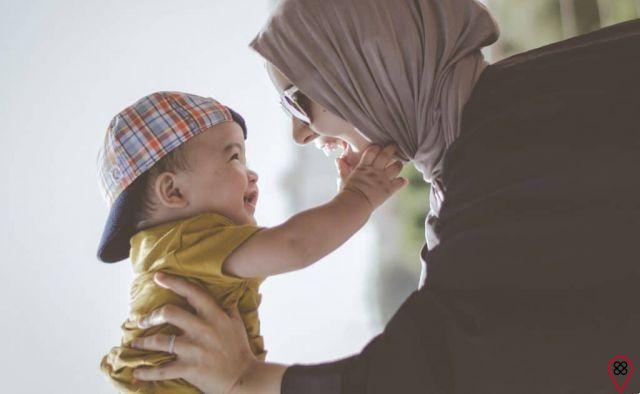
The benefits from this process will be reaped, mainly, by the couple's children, if the couple has them. Children will grow up in contact with two cultures, without having to choose a favorite, just learning what each one has to offer. It is an important process for learning values such as understanding and harmony.
Relationship with father-in-law
As all cultures in the world are still patriarchal, the figure of man continues to be seen as the main source of knowledge. If one man says that a culture is not welcome in his house, the other party cannot dare to speak out. It may be a gesture of respect to this man, but it is also a symptom that intolerance is allowed for him.

It is for this reason that many people come into conflict with their in-laws. The spouse's father is the person who has the decision-making power over the child's life in traditional families. He is the one who has the last word and who defines how the offspring's life should be, including the religion they must follow and the cultural habits they must reproduce.
When an individual outside the family crosses this very particular space, it is common for the father-in-law to present reactions such as estrangement, insecurity, distrust, rejection and intolerance. It can be difficult for a man who wants to perpetuate the tradition of his own culture to deal with someone who thinks and acts differently.

There are many situations that can arise from this conflict, but we have chosen the most common ones so that you, who are part of a bicultural couple, know how to better deal with this conflict. Learn it!
1) The father-in-law does not accept his religion and makes constant negative comments about it.
Solution: Although your instinct tells you to defend your religion from every criticism, the most sensible thing to do is to show that you are not bothered by the diversity of opinions. So you can say to your father-in-law something like, “I respect your thinking about my religion. I think differently than you, which is why I follow you. Our religions are different, but that doesn't mean one is worse or better.”

2) The father-in-law criticizes the cultural habits of his country and does not want a member of his family to reproduce them.
Solution: it is common for your father-in-law to believe that he has decision-making power over the lives of those he raised. While this may not be the case in practice, it is important that you avoid saying something that could offend you. Choose to say, “I admire your culture, even if it's not the same as mine. It is difficult to get used to the difference, so the culture that we were taught from the beginning will always prevail, even if we learn new customs”.
3) The father-in-law does not want the child to marry someone from another culture or religion.
Solution: a single conversation will not be enough to deconstruct the negative image your father-in-law has of you. Gradually, try to make it clear that you respect his religion and culture and that you don't want to impose what you believe in on the person you love. Participate in the events at which he will be present and show that you are a tolerant, loving and respectful person.
You may also like
- What bothers you about the other?
- What is an empathetic person?
- A Light of Freedom!
4) The father-in-law does not want his/her grandchild to come into contact with a culture and religion different from his/her own.
Solution: Your father-in-law should reflect on the reasons for not wanting his grandchild to come into contact with diversity. Is he afraid that this person doesn't want to follow his religion? Does he not like something his religion teaches? Investigate what his fears are and show him that there is nothing to worry about. It is important for them to know that their grandchildren will have access to the most varied types of knowledge, learning that each one has its own particularities.




